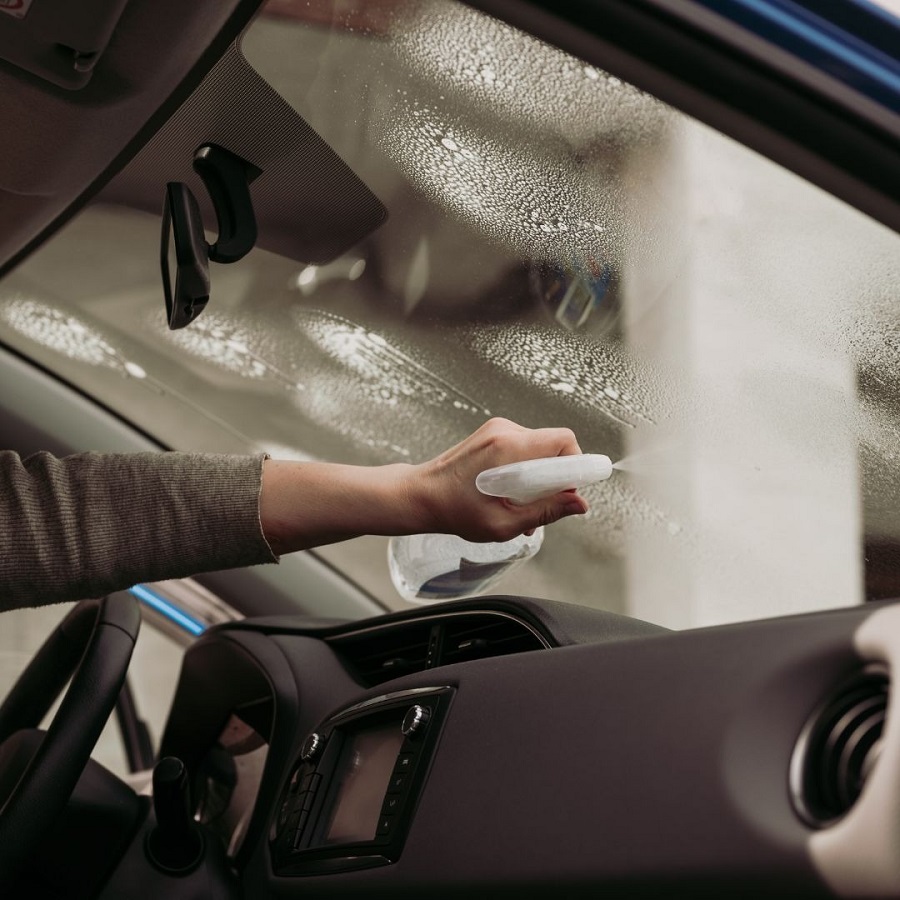How to fix a squeaky car window?
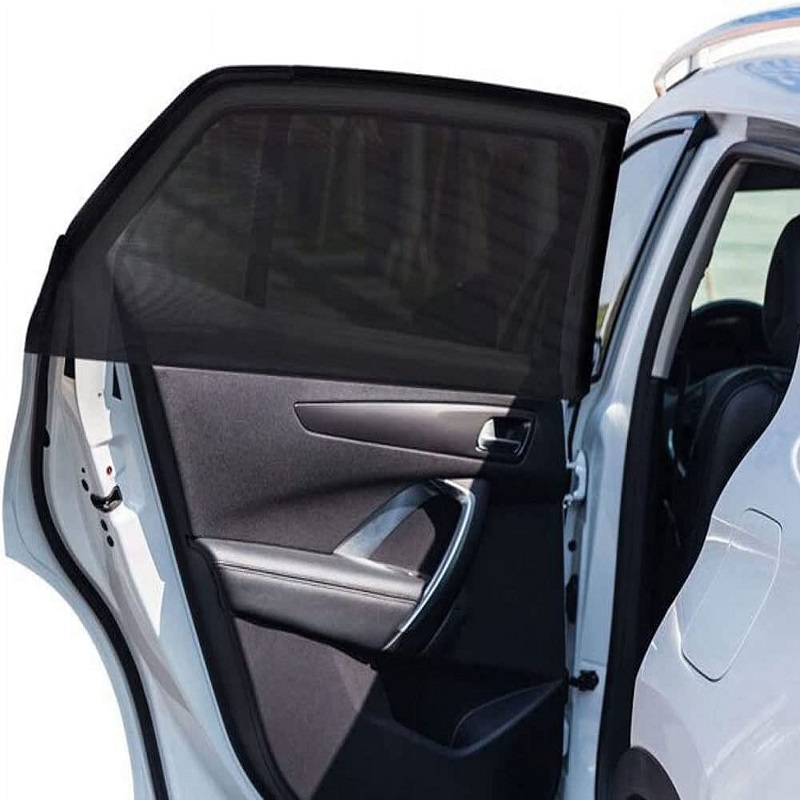
How to fix a squeaky car window? A squeaky car window can be an annoying and frustrating issue for vehicle owners. Whether it occurs when rolling the window up or down, the high-pitched sound can detract from the overall driving experience and raise concerns about potential window malfunctions. However, understanding the causes of squeaky car windows and knowing effective solutions can help in addressing this problem. In this guide, we will explore the common reasons behind squeaky car windows and provide practical steps for troubleshooting and fixing the issue.
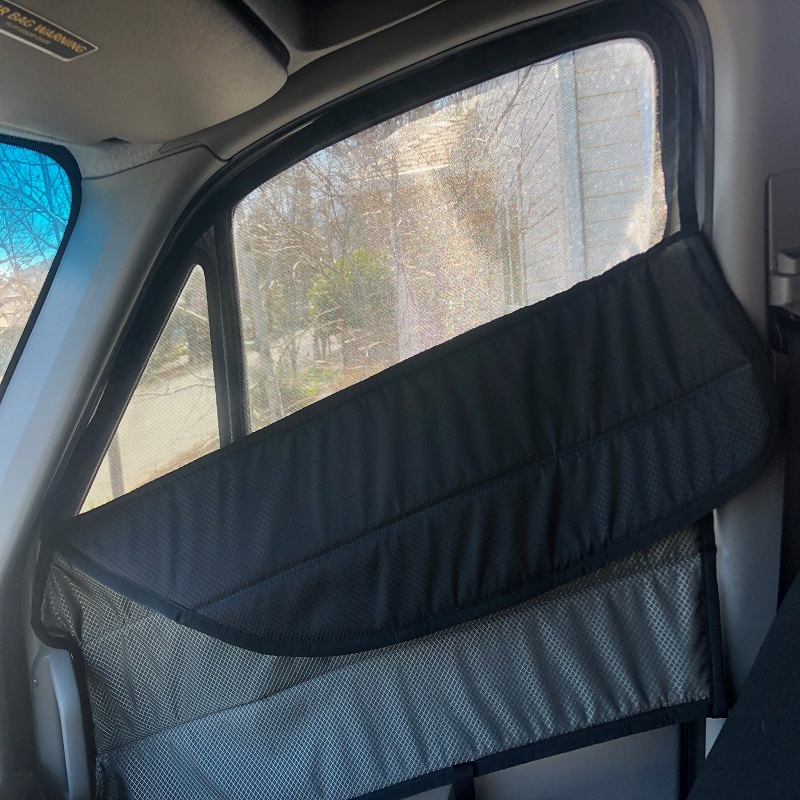
Causes of Squeaky Car Windows
Before diving into the solutions, it’s essential to understand the potential reasons for a squeaky car window. Identifying the root cause is crucial in determining the appropriate remedial actions. Here are some common causes of squeaky car windows:
Lack of Lubrication:
Over time, the window mechanisms, including the regulator, track, and weatherstripping, can become dry and lose their lubrication. This can result in increased friction, leading to squeaking and grinding noises when operating the car window.
Accumulated Dirt and Debris:
Dust, dirt, and debris can accumulate in the window track and along the rubber seals, causing resistance and friction when the window is rolled up or down. This buildup can contribute to squeaky and creaking sounds.
Worn or Damaged Components:
Wear and tear on the window regulator, track guides, or weatherstripping can lead to misalignment and inadequate functioning, resulting in squeaks and rattling noises during window operation.
Environmental Factors
Exposure to extreme temperatures, moisture, and fluctuations in weather conditions can impact the performance of car windows, causing the materials to expand, contract, or degrade over time. This can contribute to squeaking and other audible issues.
Solutions for Fixing a Squeaky Car Window
Now that we’ve identified some potential causes of squeaky car windows, let’s explore the steps for troubleshooting and addressing the issue effectively.

-
Lubricate the Window Mechanisms
One of the most common and effective solutions for addressing car window tinting is to lubricate the window mechanisms. Using a suitable lubricant, such as silicone spray or white lithium grease, can help reduce friction and eliminate squeaking noises. Begin by carefully cleaning the window track, guide rails, and any visible moving parts. Once the components are clean and dry, apply the lubricant generously to the relevant areas. It’s important to use a lubricant that is specifically designed for automotive use and will not attract dust, dirt, or debris, which could exacerbate the problem.
-
Clean the Window Track and Seals
Accumulated dirt and debris can significantly contribute to squeaky car windows. A thorough cleaning of the window track, including the channels and guides, can help alleviate the issue. Using a soft brush, damp cloth, or a specialized cleaning tool, remove any dirt, grime, or obstructions from the window track and rubber seals. Be sure to dry the area thoroughly before applying any lubricant or operating the window to prevent further buildup.
-
Inspect and Replace Worn Components
If lubrication and cleaning do not resolve the squeaking, it may be necessary to inspect the window components for wear and damage. Carefully examine the window regulator, track guides, and weatherstripping for signs of wear, misalignment, or deterioration. Worn or damaged components may need to be replaced to ensure proper functioning and eliminate squeaky noises. Identifying the specific parts that require attention is crucial to addressing the root cause of the issue.
-
Adjust the Window Alignment
In some cases, the misalignment of the car window can contribute to squeaking and rattling sounds. Adjusting the window alignment can help alleviate the issue. This may involve adjusting the position of the glass within the frame or realigning the track guides to ensure smooth and silent operation. Detailed instructions for adjusting the window alignment can be found in the vehicle’s service manual or obtained from a professional mechanic or technician.
Address Environmental Factors
Environmental factors, such as temperature changes and moisture, can impact the performance of car windows. Taking preventive measures to protect the window components from extreme conditions can help minimize squeaking and other issues. For example, using a protective silicone-based lubricant that is resistant to water and temperature fluctuations can help shield the window mechanisms from environmental damage. Additionally, storing the vehicle in a sheltered and controlled environment whenever possible can help preserve the integrity of the windows and related components.
Importance of car window maintenance
Car windows play a crucial role in providing safety, comfort, and functionality for both drivers and passengers. From protecting occupants from external elements to allowing visibility and airflow, car windows are integral components of a vehicle’s design. As such, the repair and maintenance of car windows are essential for ensuring the overall safety, performance, and longevity of the vehicle.
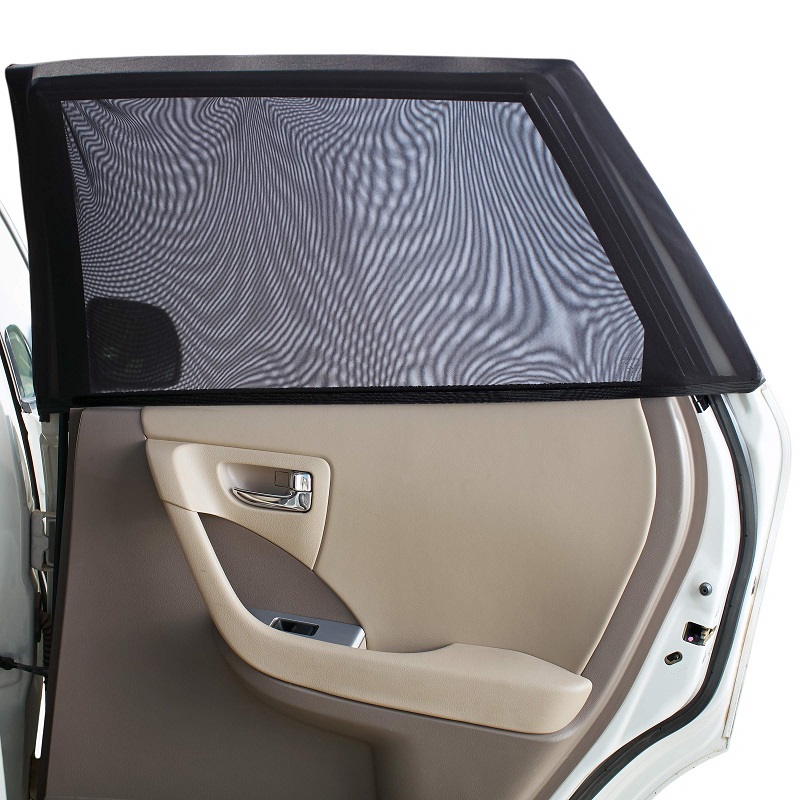
Ensuring Proper Functioning
One of the primary reasons for the importance of car window repair and maintenance is to ensure the proper functioning of the windows. This includes the ability to open, close, and adjust the position of the windows as needed. Malfunctioning windows can pose both safety and convenience concerns for drivers and passengers. A window that fails to open or close properly can significantly impact airflow and ventilation within the vehicle. In extreme cases, a malfunctioning window fogging up may result in an inability to exit the vehicle in emergency situations, potentially compromising the safety and well-being of occupants.
Furthermore, power windows that are slow or noisy during operation may indicate underlying issues with the window regulators or motor mechanisms. Addressing these issues promptly through repair and maintenance can prevent further damage and potential safety hazards. Additionally, ensuring that all windows provide clear visibility and optimal functionality is critical for safe and efficient driving.
Impact on Safety and Security
The safety and security of vehicle occupants are paramount, and properly functioning car windows significantly contribute to both aspects. Windows that are cracked, chipped, or otherwise damaged can compromise the structural integrity of the vehicle, especially in the event of a collision or impact. As part of overall vehicle maintenance, regular inspections of car windows are essential to identify and address any damage promptly. Repairing or replacing damaged windows can help ensure that they provide necessary protection and integrity in the event of an accident.
In addition to physical safety, car window maintenance can also impact the security of the vehicle. Malfunctioning power windows may present vulnerabilities that could be exploited by potential thieves. By promptly addressing any issues and ensuring that windows are secure and functioning as intended, car owners can help safeguard their vehicles against unauthorized access and theft.
Preservation of Interior Comfort
Car windows also play a significant role in maintaining the interior comfort of the vehicle. Properly functioning windows allow for the regulation of temperature, airflow, and ventilation within the cabin. Malfunctioning or damaged windows can compromise the sealing and insulation of the vehicle, leading to issues such as air leaks, drafts, and excessive noise from outside sources.
Furthermore, the ability to open and close windows efficiently is crucial for regulating the interior temperature and providing ventilation. In hot weather, functional windows allow for the release of heat and humidity, contributing to a more comfortable driving experience. Conversely, during inclement weather, properly sealed windows help keep the interior dry and protected from external elements. Addressing any issues with window seals, motor mechanisms, or glass integrity can ensure that the interior environment of the vehicle remains comfortable and enjoyable for occupants.
Prevention of Costly Repairs
Regular maintenance and timely repair of car windows can help prevent more extensive and costly repairs in the long run. Ignoring minor issues, such as chips, cracks, or slow operation, can lead to the exacerbation of problems and potential damage to other components. For example, a small crack in the window glass left unattended may spread and compromise the entire window, necessitating a complete replacement.
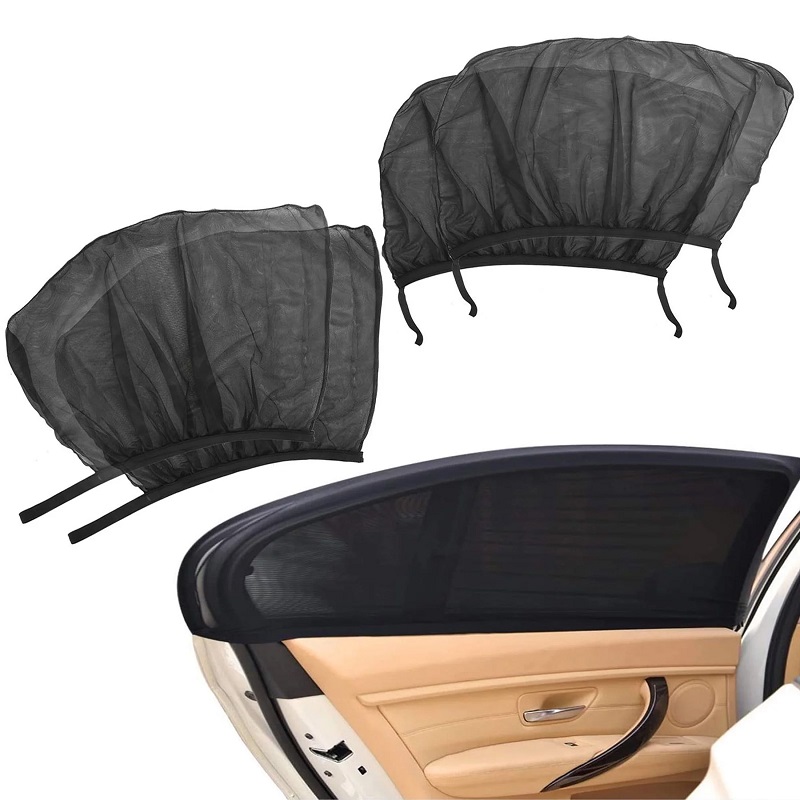
Conclusion
In conclusion, a squeaky car window can be a common but bothersome problem for vehicle owners. By understanding the potential causes of squeaky car windows and employing the appropriate solutions, it is possible to effectively address the issue and restore smooth and silent operation to the windows. Whether it involves lubrication, cleaning, component replacement, or adjustments, taking proactive steps to troubleshoot and fix squeaky car windows can contribute to a more enjoyable and pleasant driving experience.
